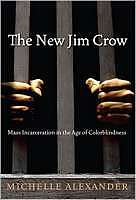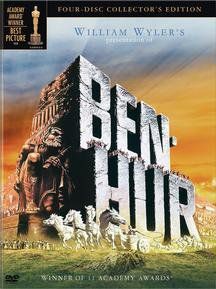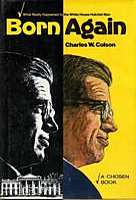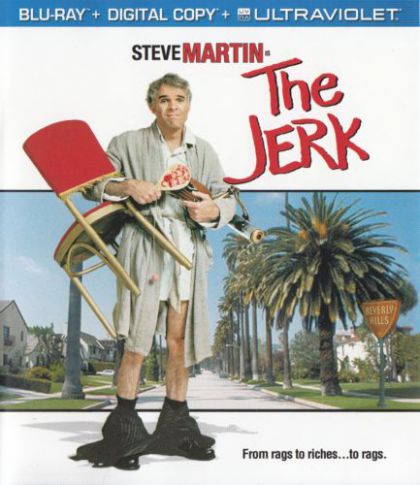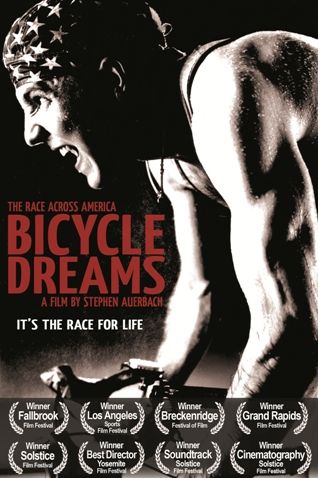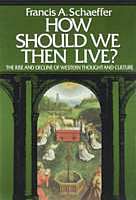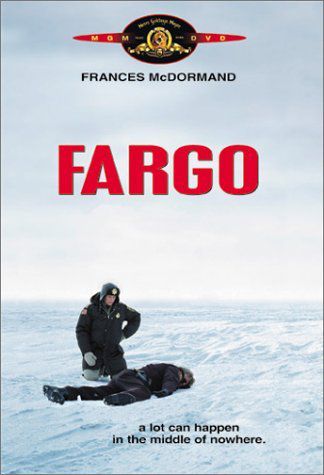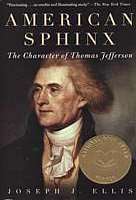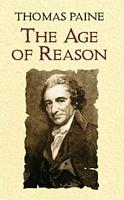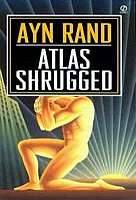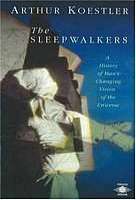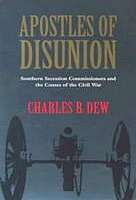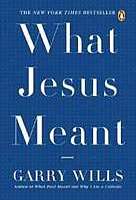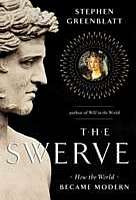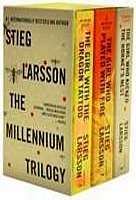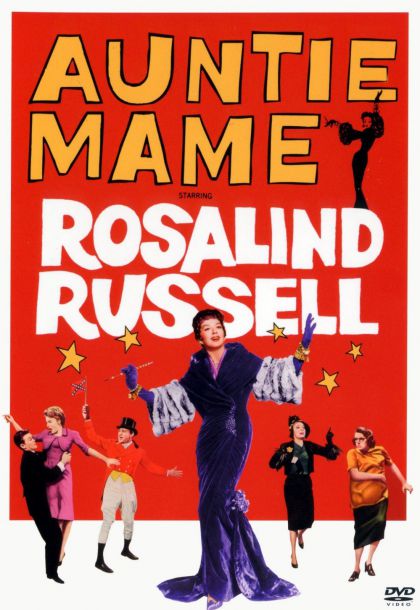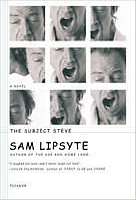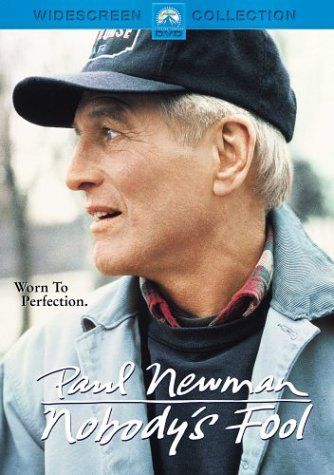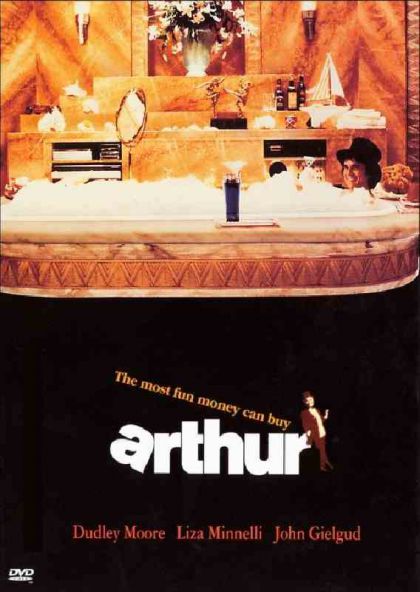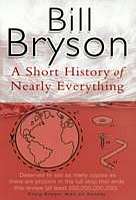 Reviews
Reviews
The War on Drugs and Mass Incarceration
Michelle Alexander's book The New Jim Crow: Mass Incarceration in the Age of Colorblindness is an important and tightly argued treatise on the mass incarceration of black and brown people in the United States since the acceleration of the War on Drugs in the mid-1980's. Most of the incarcerations have been for low level possession, and have disproportionately affected minorities: According to federal figures, blacks and whites use drugs at a roughly equal rate in percentage terms, yet black men 12 times likelier to be jailed for drugs than white ones.
Pocket Review, Title Ben-Hur, Studio MGM/UA, Rating 4.0,
Ben-Hur: A movie that never gets old
I first saw this big screen spectacle as an eight year old, and loved it. It was full of action, more believable than most of today's over-cooked technological wizardry (just think of the disappointing Sherlock Holmes series with Robert Downey Jr; massively ridiculous stunts and special effects, which ruined the stories and minimized the otherwise good acting).
Hearts and minds
During his years as a Republican political operative, Charles Colson prominently displayed an old Marine Corp saying in his home: 'When you’ve got ’em by the balls, their hearts and minds will follow.' Colson described those years and the hard crash that followed in his book Born Again as a mid-life autobiography precipitated by a mid-life crisis. After his role as a self-described 'hatchet man' for Nixon White House was slowly exposed during the Watergate scandal, he converted to Evangelical Christianity, and after being convicted of obstruction of justice, he spent some time in prison.
Pocket Review, Title The Jerk, Studio Universal Studios, Rating 4.0,
The Jerk: A movie that never gets old
The Jerk is a naïf, a not-quite-holy fool, who finds his life one astonishment after another. It is the most maniacal and subversive of Steve Martin and Carl Reiner's movies together. This film provides the perfect vehicle for Martin's comic style, which I have always enjoyed.
Movie Review, Title Bicycle Dreams, Studio , Rating 3.0,
Bicycle dreams?
Bicycle Dreams is a documentary about the Race Across America (RAAM), an annual beyond-insane bicycle race across the U.S. Few ride it, those who finish do it in less than two weeks, and ride almost the entire time. It is only a matter of time before all participants begin to hallucinate, and some have been injured and killed because of it.
How should we then live?
Part 4 of 4 of this review of Francis Schaeffer’s How Should We Then Live: The Rise and Decline of Western Thought and Culture suggests an alternative answer to the question regarding how we should then live, and attempts to answer the original question posed in part 1: How did this book influence U.S. Evangelical Christians to become more politically active?
Absolutely relative
Part 3 of 4 of this review of Francis Schaeffer's How Should We Then Live examines the author's claims that Christian ethics are the only absolute standard for society.
Christianity good, secularism bad
Part 2 of 4 of this review of Francis Schaeffer's How Should We Then Live examines the author's historical approach, and evaluates his comparison of Christendom and secular society.
The good old days of Christendom
In his book How Should We Then Live: The Rise and Decline of Western Thought and Culture, what did Francis Schaeffer have to say that influenced so many Evangelicals to become more politically active? Part 1 of 4 of this review summarizes the author's primary theses, then assesses the impact of critical historical events that were minimized or left out of the author’s analysis of Western Civilization.
Moving inexorably to the Kindle
After my family gave me a Kindle a while back, I was skeptical of its ability to fully replace a bound book, but after some experimentation, I found the Kindle e-reading device more useful than expected, yet remained a fan of the book-in-hand. By the time I had read through the devices of my Kindle perhaps fifteen books and after a certain amount of experimentation, I gradually became enamored enough of the Kindle to make it my primary mode for reading books. What was the tipping point? And why still prefer a bound book on occasion?
Voltaire is a sharp kick in the pants
Voltaire always had his wits about him. When once a visitor arrived, announcing that he had just come from a visit to another well-known writer, Voltaire offered the opinion that the aforementioned writer was a man of talent, and the visitor replied that that writer did not hold the same opinion of Voltaire, to which Voltaire retorted, 'We could both be wrong.'
Fargo: A movie that never gets old
Fargo is an almost blissfully surreal take on what the world would be like if everyone had an IQ of 88, building a structure of nincompoopery around a more typical tale of desperate crime gone wrong. This movie could be the Coen brother's extended take on Woody Allen's joke about a village idiot's convention in Love and Death
Nothing is something
"Diddly squat is as close to squat as makes no nevermind." (page 124)
 This is a superb and far-ranging essay on the apparently mundane zero. While it might be expected to be predominantly mathematical, it is much more, an erudite and masterly exposition that touches many disciplines without slighting its mathematical roots. It has an exponential arc.
This is a superb and far-ranging essay on the apparently mundane zero. While it might be expected to be predominantly mathematical, it is much more, an erudite and masterly exposition that touches many disciplines without slighting its mathematical roots. It has an exponential arc.Jefferson’s legacy
Joseph Ellis provides us with an ambitious analysis of the compartmentalized mind of Thomas Jefferson. Jefferson was extraordinarily adept at saying and writing, apparently believing, and doing things that were paradoxical and often diametrically opposed to each other. Ellis suggests that this helps to explain his enduring following by just about every political persuasion in the United States, and even abroad: Anyone can find in Jefferson something that supports one's ideology, especially if they studiously ignore, in perfect Jeffersonian fashion, the things Jefferson said or did that would negate their ideology.
Reasoning with Thomas Paine
Thomas Paine was perhaps the most persuasive of those proponents of revolution in the American Colonies of Great Britain, and well after his influential pamphlet Common Sense he continued to write about 'revolting' things (tongue well in cheek) in the following period of the French Revolution. His pamphlet Age of Reason is a fiercely argued defense of freedom of religion, an argument against organized religion and an argument for deism, written between 1794 and 1797 from Revolutionary France.
There but for the grace of God goes … Ayn Rand?
I have been sometimes surprised by which ideologies have chosen to embrace Ayn Rand and for what reasons, wondering how she influenced anyone beyond selfish teens and the wealthy. I was particularly surprised to see signs of evangelical Christians embracing Atlas Shrugged, since on first inspection, it would seem a gargantuan stretch between the ideas of Rand, an avowed atheist who openly mocked the religious and the poor, and the ideas of Jesus, who emphasized a caring life centered around selflessness to focus on God and the afterlife he promised. It would seem impossible for evangelicals to follow Ayn Rand; how did this come about?Sleepwalking amid new ideas
Arthur Koestler's book Sleepwalkers: A History of Man's Changing Vision of the Universe is an ambitious attempt to describe the development of Western cosmology and astronomy from the Greeks to Newton, with particular focus on Copernicus, Brahe, Kepler, and Galileo. Koestler did not see science as a linear and unbroken line of rational progression; instead he viewed the course of the history of ideas as somnambulant: Many ideas were stumbled upon by men with goals and mindsets alien to the very ideas they uncovered.
Slavery was the First Cause of the Civil War
It has always been for me somewhat of a puzzle as to why many in the South up to today insist on the idea that slavery was not a primary cause of our Civil War, but that states rights, economic warfare, etc. or anything but slavery were the deep and the proximate cause of that war. Charles Dew, born and raised in the South, writes this monograph on that very subject. He comes at the subject by researching the various documents created and speeches made by the politicians and government officials of Southern states prior to the start of the Civil War for the purpose of justifying, insisting upon, and finally enacting the secession of the various states from the Union.
Jesus, simply
Garry Wills, who is a believing Catholic, attempts to extricate the Jesus of the New Testament from the 1,700 year edifice of organized Christianity by doing his own translation of the koiné, or marketplace Greek ,in which the New Testament was originally written.
Is religious tolerance religious freedom?
 The ensuing religious fragmentation of Western Christendom following the advent of the Reformation created fissures in the fabric of European society so large that, after a century of warfare, borne by the exhaustion of bitter hatred and its accompanying destructiveness, the only option left for a more peaceful existence was the grudging co-existence of groups with religious differences.
The ensuing religious fragmentation of Western Christendom following the advent of the Reformation created fissures in the fabric of European society so large that, after a century of warfare, borne by the exhaustion of bitter hatred and its accompanying destructiveness, the only option left for a more peaceful existence was the grudging co-existence of groups with religious differences. Swerving into modernity
Stephen Greenblatt's book The Swerve: How the World Became Modern is an excellent tale of the influence of Epicurus on the modern way of thinking. Epicurus spoke of change in terms of a 'swerve'; the author's allusion to a swerve otherwise is to the narrow and chance survival during the Renaissance of Lucretius' poem De Rerum Natura, a rumination and celebration of all things Epicurean, and whose influence in subsequent Western thought represents a giant swerve in cosmology, religion and natural philosophy away from Plato and Aristotle and towards Epicurus.
Imagination nonpareil
This is some of the most imaginative writing I have read since perhaps Tolkien's Lord of the Rings trilogy, or some of the classic science fiction of Asimov and Herbert.
Lizbet Salander, meet Inspector Maigret
Lizbet, the Girl with the Dragon Tattoo, carries the Millenium Trilogy. She is a private investigator, a severely withdrawn, highly intelligent young woman who has been terribly abused, both by her father and as a ward of the state. Lizbet trusts no one, and has developed world class computer hacking skills which serve her in good stead in her job as a private investigator and beyond. She teams up with an older investigative journalist, the fruit of said union providing a broad view of two generations of Swedish culture.
The secret world sharply rendered
This is a long historical novel that dares to write with some depth around the subjects of cryptoanalysis, mathematics, computers, and operating systems. It is full of insights about the technology, about those who live that technology, and about the cultures they inhabit.
Pocket Review, Title Auntie Mame, Studio Warner Bros., Rating 4.0,
Auntie Mame: A movie that never gets old
Mame is a free-spirited woman who believes that 'Life is a banquet - and most poor suckers are starving to death.' She is given care of her nephew when her brother unexpectedly dies, and raises him in her very unconventional world, against the wishes of his legal guardian, an often perplexed conservative banker played with great comic style by Fred Clark . It is Rosalind Russell's best role.
(Post?) Modern tale of mortality
Is the Subject Steve dying? Aren't we all dying? Is the Subject Steve actually Steve?
Absolute truth is a tough nut
Paul Abramson, an old friend, wrote a Defense of Creationism, or more specifically, a defense of Young Creationism, which posits that the universe was created around 6,000 years ago, based on a literal interpretation of the book of Genesis in the Old Testament. I read this article out of curiosity for Paul's take on it; Paul is the editor of a website dedicated to Young Creationism. In the endless churn over biological evolution, religious opponents often emphasize blind faith in an absolute view, while scientific advocates emphasize the skeptical application of the scientific method to mold necessarily incomplete theories. The Defense of Creationism is a good example of the former.The Genius of Apple
Steve Jobs recent demise brought out many encomiums having at least one thing in common: An agreement that he was a genius. Jobs' genius (a notoriously fickle word) would appear to be in the realm of practical design. His early Apple computer was easier to use and more accessible to its consumers than those of his early competitors, and that was true of most of the subsequent devices produced by Apple on his watch, including the Macintosh windowing and mouse-driven operating system, the seductively simple iPod, the iPhone marriage of mobile phones with a personal digital assistant and its deft employment of touch screen technology, and the iPad tablet offshoot.
Pocket Review, Title Moonstruck, Studio MGM/UA, Rating 5.0,
Moonstruck: A movie that never gets old
This is the Godfather without the criminals, an affectionately detailed slice of love-deranged Brooklyn Italian family life. It is such a happy, funny movie. The operatic theme of unexpected love is done to perfection here.
Pocket Review, Title Nobody's Fool, Studio Paramount Pictures, Rating 4.5,
Nobody’s Fool: A movie that never gets old
This is a story of an aging small town man with deep flaws, played superbly by Paul Newman, one who abandoned his family and has lived from hand to mouth. Yet he has built a life caring for his friends.
Pocket Review, Title Arthur, Studio Warner Bros., Rating 4.5,
Arthur: A movie that never gets old
When Arthur first came out, Dudley Moore's comic acting had already gotten my attention, but the premise seemed like it was built on a single joke, and I had no interest in seeing it. After some critical acclaim, I reluctantly joined the queue, and was amazed at what was conjured out of rich drunk guy jokes.
How to tell a story in 4 minutes, with no words
Good Vibrations from Helene Emain on Vimeo.
I stumbled across this wonderful animated short film; a lot happens in four minutes, and it is . . . fascinating. In four short minutes, a world is created, multiple characters are developed, and much happens, without any words!
Unforgettable, complete Holocaust story
If you were looking for just one story that would give you some sense of the personal impact of the Holocaust on its victims, survivors and their families, this is it. Spiegelman's cartoon version of his father's life before, during and after the Holocaust, of which he was a survivor, provides a more direct, complete and highly visual means of telling the story. Maus draws you close, and with each panel, you feel the emotional impact of this terribly difficult and sad world.
Taking fundamental science personally
Bryson has produced a brilliant exposition on fundamental science that is highly accessible and engrossing for any good reader. The author covers many topics of physics and astrophysics, including the origins of the universe, nuclear physics, and the origins and geological development of the earth.
Wandering Mennonites
The Blue Mountains of China is compelling and candid historical novel that tells the story of a set of Mennonite immigrations from the Ukraine SSR to Siberia, Canada, Paraguay, and briefly, China. The novel begins with a series of loosely connected chapters which move forward in time, and focus on i


 No man ever steps in the same river twice, for it's not the same river and he's not the same man.
No man ever steps in the same river twice, for it's not the same river and he's not the same man. READING
READING ARCHIVES
ARCHIVES CATEGORIES
CATEGORIES QUOTES
QUOTES